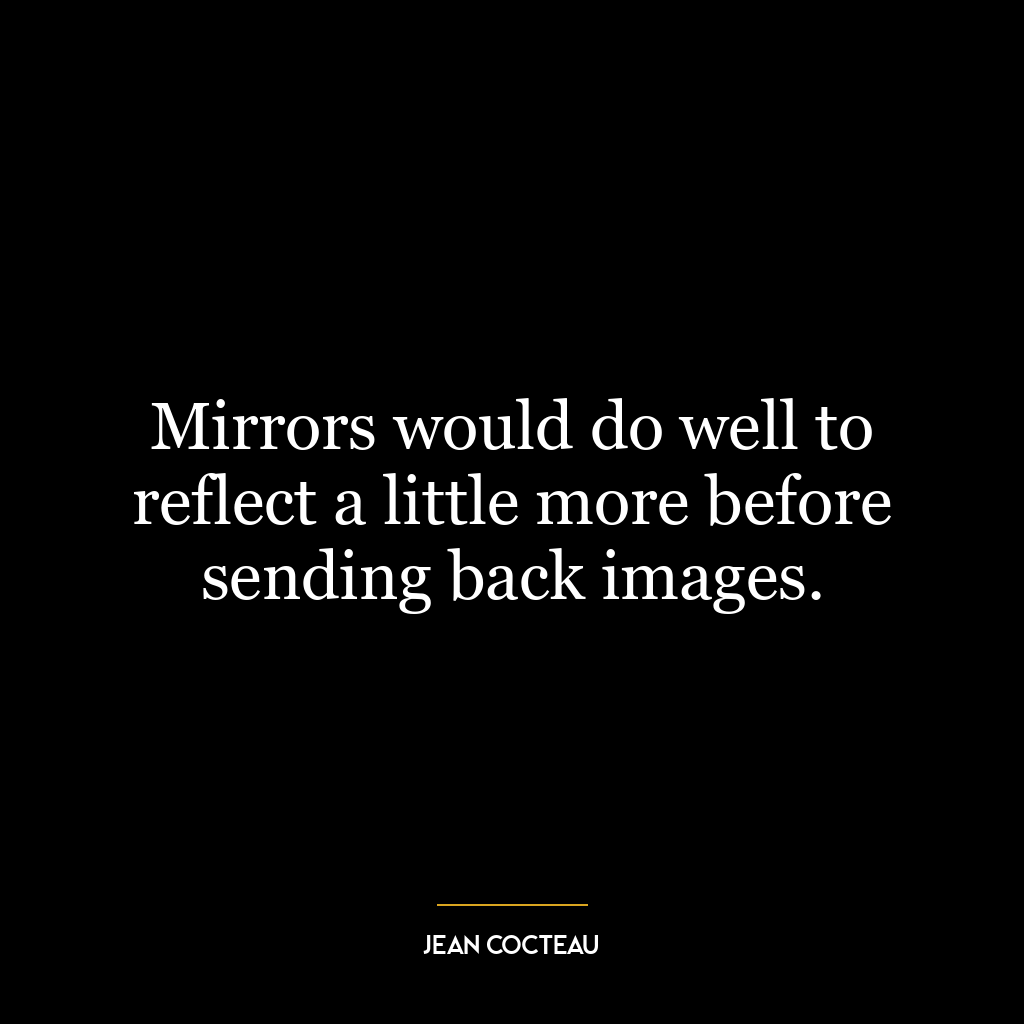Think no vice so small that you may commit it, and no virtue so small that you may over look it.
This profound quote by Confucius emphasizes the significance of both our virtues and vices, regardless of their perceived magnitude. It suggests that no vice, however seemingly insignificant, should be taken lightly or considered permissible. This is because even the smallest vice can lead to a ripple effect of negative consequences, and gradually, it can become a part of our character, defining who we are and how we behave.
Similarly, no virtue, however small, should be overlooked. Even the smallest acts of kindness, honesty, or courage can have a profound impact on our character and the world around us. These small virtues can also set off a ripple effect, leading to a cascade of positive outcomes. They shape our character, influence our actions, and define who we are.
In today’s world, this quote is incredibly relevant. We live in a society where minor vices are often overlooked or justified, and minor virtues are often undervalued or ignored. However, as Confucius suggests, it is these small vices and virtues that make up our character and influence our actions.
For instance, a small vice such as lying about something minor might seem insignificant, but it can gradually erode trust in relationships and create a habit of dishonesty. On the other hand, a small virtue like helping a stranger might seem trivial, but it can foster a habit of kindness and positively affect the lives of others.
In terms of personal development, this quote encourages us to pay attention to our small habits, actions, and decisions. It suggests that we should strive to eliminate even our smallest vices and cultivate even our smallest virtues. This approach can lead to significant personal growth and character development. It can help us become better individuals and contribute positively to our society.








